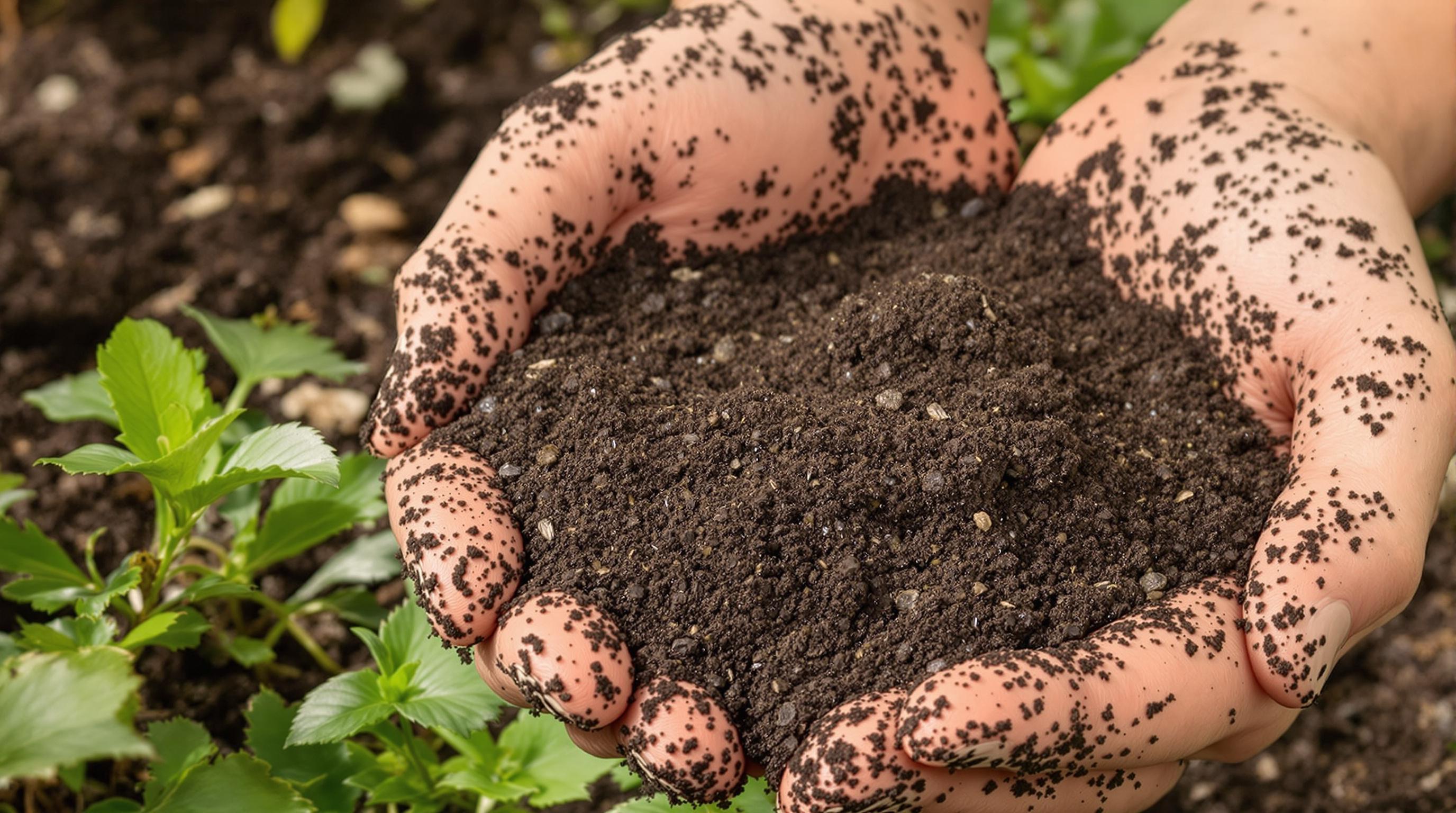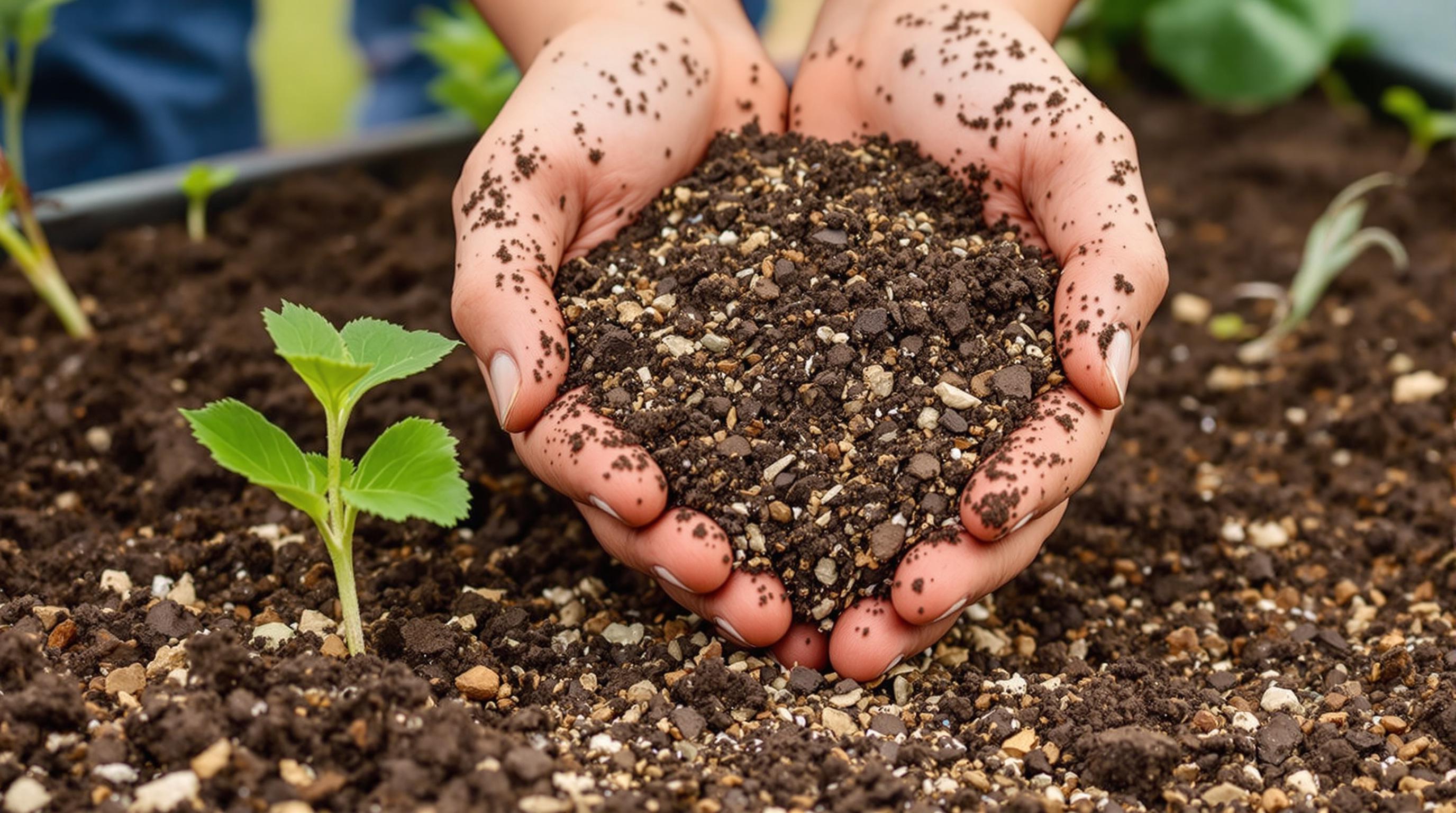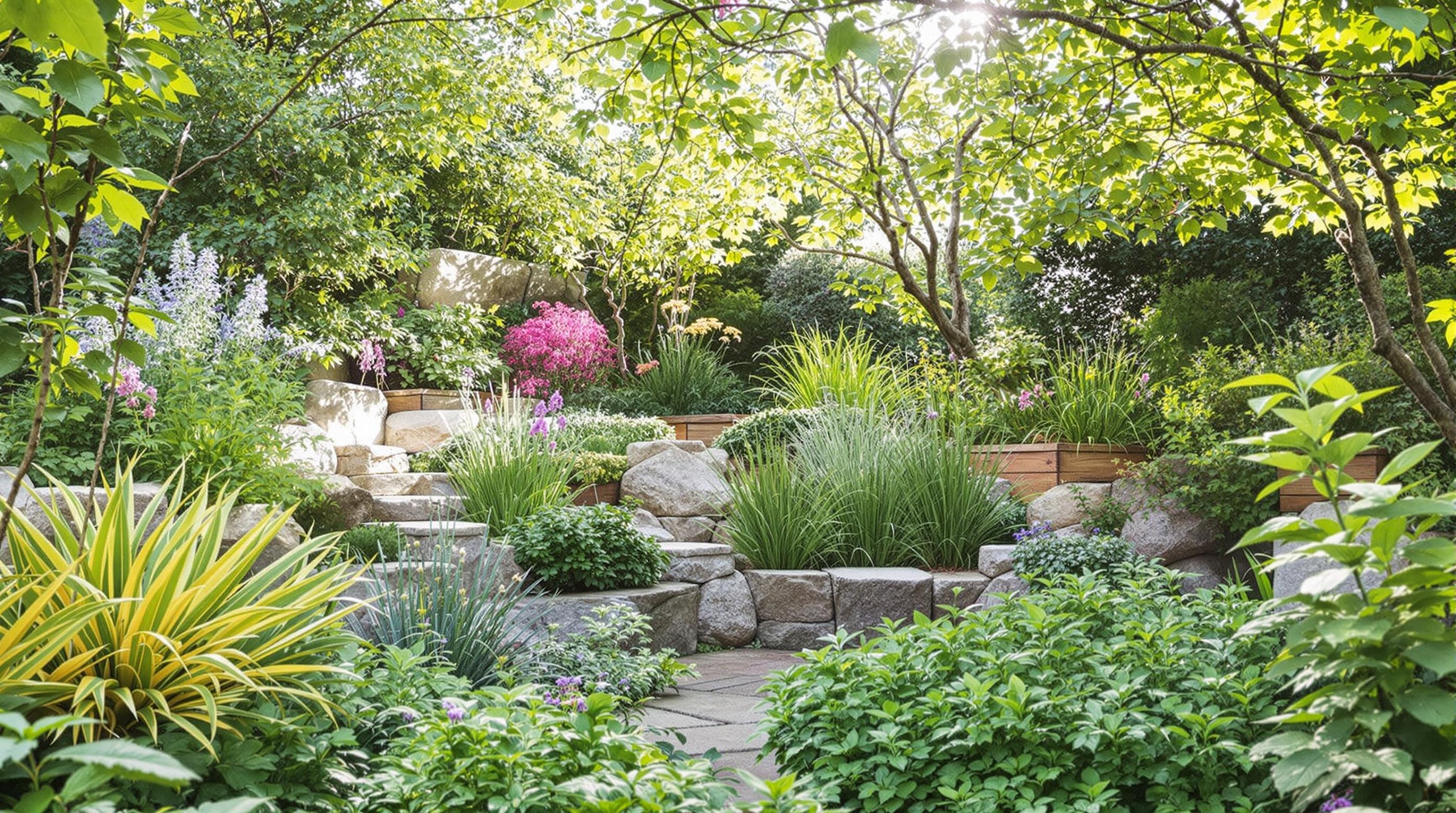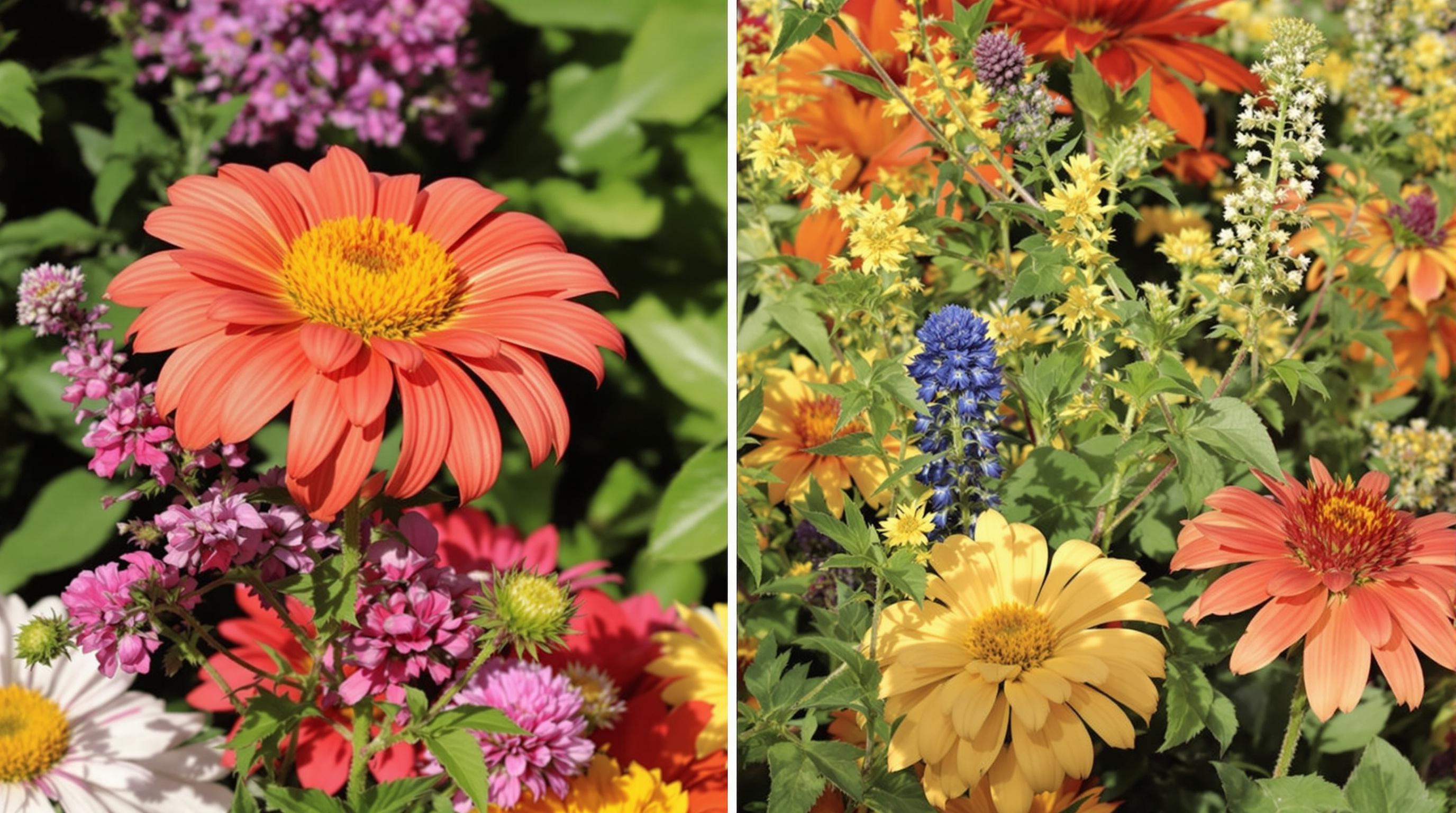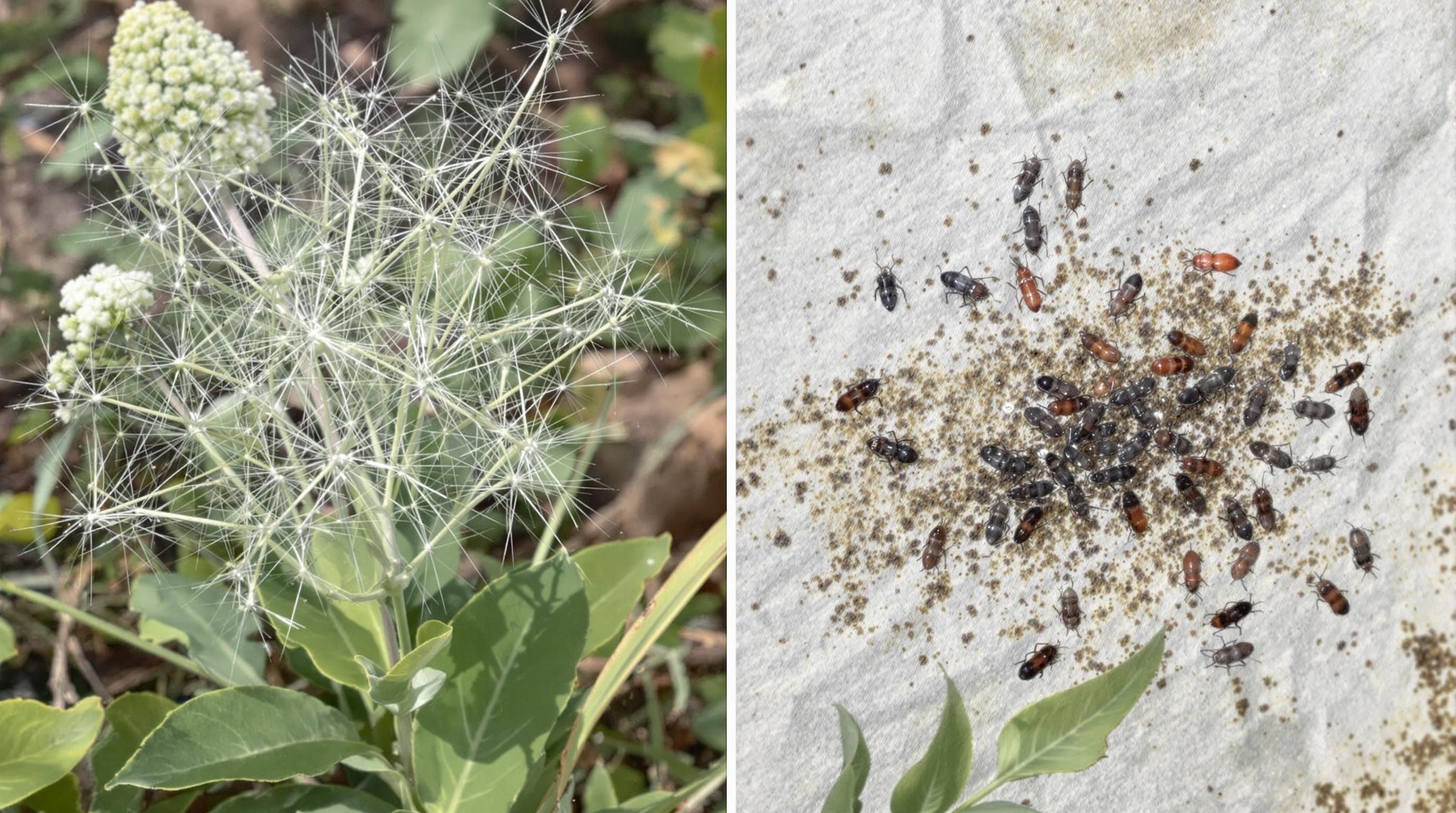Related Articles
- The Hidden Influence of Ergonomics: How Tool Design Shapes Our Physical Spaces and Daily Lives
- The Silent Influence: How Hidden Home Implements Shape Our Daily Routines and Spaces
- The Counterintuitive Role of Chaos: How Messy Tool Storage Can Lead to Unexpected Home Innovations
- Exploring the Unseen: How Audio Experiences Shape the Art of Domestic Spaces and Color Perception
- Rethinking the Mundane: How Everyday Objects are Becoming the Canvas for Modern Artistic Expression in Home Spaces
- Cultivating Chaos: The Surprising Benefits of Embracing Weeds in Your Garden Ecosystem
10 Insignificant Yet Essential Soil Amendments That Will Transform Your Gardening Results and Enrich Your Landscape Design
10 Insignificant Yet Essential Soil Amendments That Will Transform Your Gardening Results and Enrich Your Landscape Design
10 Insignificant Yet Essential Soil Amendments That Will Transform Your Gardening Results and Enrich Your Landscape Design
1. Coffee Grounds
Coffee grounds are often discarded, but they pack a punch of nutrients when added to your garden. Not only do they provide an excellent source of nitrogen, which is vital for plant growth, but they also improve soil structure and drainage.
Your plants will appreciate the acidity, especially if you're cultivating acid-loving species like blueberries or azaleas. They will thrive in the enriched environment that coffee grounds help create.
It’s also worth noting that these grounds attract earthworms, which are nature’s tillers, constantly working the soil to improve its health. (Source: Gardening Know How)
2. Epsom Salt
Epsom salt, composed of magnesium sulfate, is often overlooked by gardeners. Adding it to your soil can boost magnesium levels, essential for photosynthesis and improving nutrient uptake in plants.
This amendment can enhance the green color of leaves and promote flowering, especially in plants like tomatoes and peppers that enjoy a magnesium boost.
Simply dissolve the salt in water and apply it to your garden or mix it in with your soil for outstanding results. (Source: The Old Farmer's Almanac)
3. Eggshells
Eggshells might seem like kitchen waste, but they are a treasure trove of calcium that helps prevent blossom end rot in tomatoes and other fruiting veggies. Simply rinse and crush them before adding them to your garden.
The slow-release nature of eggshells means that they will gradually enrich the soil, providing long-lasting benefits, while also improving aeration.
Additionally, they deter certain pests, such as slugs and snails, creating a double benefit for your efforts. (Source: University of California Agriculture and Natural Resources)
4. Banana Peels
Much like eggshells, banana peels are often tossed out without a second thought. However, they are rich in potassium and phosphorus, two nutrients essential for the healthy growth of plants, especially during flowering.
Incorporating banana peels into your compost or soil can enhance root development and flowering, making your garden bloom like never before.
For a quick fix, you can also bury peels directly in the soil near flowering plants. (Source: Gardening Know How)
5. Wood Ash
If you have a fireplace or a wood-burning stove, keep those ashes! Wood ash can help raise the pH of acidic soils, making it beneficial for plants that prefer a more alkaline environment.
In addition to altering soil pH, wood ash provides potassium and trace minerals, offering a balanced nutrient boost to your plants while supporting healthy growth.
Just remember to use ashes sparingly, as too much can lead to nutrient imbalances. (Source: University of Georgia Extension)
6. Molasses
Molasses isn't just for baking—it's a natural fertilizer that can improve soil health by promoting beneficial microbial activity. As a sweet organic material, it provides an energy source for beneficial bacteria and fungi in the soil.
These microbes help break down organic matter and make nutrients more available to plants, leading to healthier root systems and better growth.
Mix molasses with water and apply it as a soil drench or use it in your compost heap to maximize its benefits. (Source: Mother Earth News)
7. Compost Tea
Concentrated compost tea is an often-overlooked booster that can elevate your garden's health and productivity. This liquid fertilizer is created by steeping compost in water, extracting vital nutrients and beneficial organisms.
Applying compost tea provides an immediate nutrient supply to plants, revitalizing their growth cycles and enhancing their resilience to pests and diseases.
Regular application can turn your garden into a thriving ecosystem, rich in diversity and vitality. (Source: Cornell University)
8. Green Manure
Green manure, or cover crops, are often viewed as ancillary farming techniques. However, planting legumes or other cover crops enriches the soil through nitrogen fixation, improving overall soil fertility and structure.
Once tilled back into the soil, these plants can decompose and directly provide essential nutrients, while also helping to prevent erosion.
Rotating green manure into your landscape design can transform basic soil into a powerhouse of biodiversity. (Source: Sustainable Agriculture Research and Education)
9. Sand
While its inclusion might seem trivial, sand can be a game-changer in compacted or clay-heavy soils. By adding sand, you’re improving drainage and aeration, which are crucial for root development and nutrient absorption.
However, it's essential to mix sand with organic matter for maximum effectiveness, as sheer sand alone can create more problems than it solves.
When correctly applied, sand can help create a balanced, well-draining loamy soil that many plants adore. (Source: Colorado State University)
10. Peat Moss
Peat moss is a natural product that can enhance soil's moisture retention and aeration capabilities. It helps to create a stable environment for plant roots, essential for overall growth and development.
While it comes with a few environmental concerns regarding harvesting, its benefits in promoting better drainage in heavy soils cannot be overstated.
Utilizing peat moss wisely can lead to a garden that retains moisture longer while fostering a healthier ecosystem. (Source: Oregon State University)
